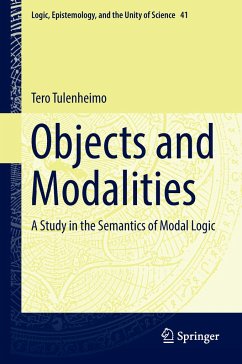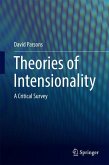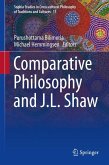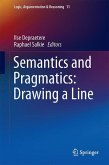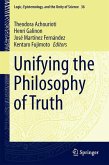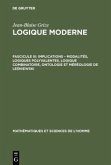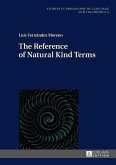This book develops a novel generalization of possible world semantics, called 'world line semantics', which recognizes worlds and links between world-bound objects (world lines) as mutually independent aspects of modal semantics. Addressing a wide range of questions vital for contemporary debates in logic and philosophy of language and offering new tools for theoretical linguistics and knowledge representation, the book proposes a radically new paradigm in modal semantics. This framework is motivated philosophically, viewing a structure of world lines as a precondition of modal talk. The author provides a uniform analysis of quantification over individuals (physical objects) and objects of thought (intentional objects). The semantic account of what it means to speak of intentional objects throws new light on accounts of intentionality and singular thought in the philosophy of mind and offers novel insights into the semantics of intensional transitive verbs.
"In my opinion, this book has many qualities, mainly those of presenting in a solid manner a formal tool, investigating some of its properties with precision, and showing convincingly how it can be used to discuss relevant philosophical problems. I think the author is very conscious of his achievements and I prize the writing of such a good work." (Jorge Petrucio Viana, Mathematical Reviews, October, 2019)

